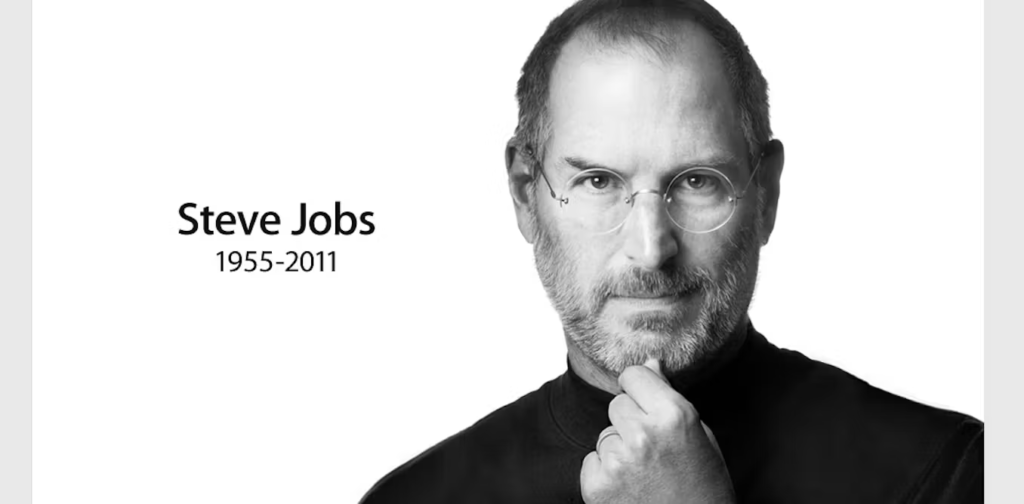Introduction
The very name Steve Jobs reminds of innovation and technology evolution. Yet the story of his character is a rich mix of admiration and criticism. In this essay, we dissect Job’s controversial dual nature which demands either he was a visionary revolutionized or a tyrannical boss.
Visionary Innovation
In the world of technology and design, Steve Jobs is a towering figure. Co-founder of Apple Inc., Jobs redefined personal computing with the Apple II and later Macintosh. He gave us the iPhone, iPad, MacBook… when he look at something rather than funcitionality through his aesthetics and user experience philosophy. This shift not only produced breakthroughs in different industries, but also a new level of interaction with technology as a whole. Indeed, the manner where Jobs could forecast and convince many that they required products which not one soul even knew they DID IN FACT NEED reflects the groundbreaking nature of what he accomplished throughout his career.
Ruthless Leadership
However, others have characterised Jobs’ style of management as unforgiving. His high expectations and uncompromising perfectionism made him well known for his harsh treatment of employees. Former colleagues paint a picture of a leader who doled out merciless critiques and expected nothing less than excellence. One former executive called his delivery a key factor in how he drove Apple to excellence—others say it led to disengagement. This dualism raises some significant moral issues relating to leading with vision and managing with humanity.
Impact and Legacy
Steve Jobs. was actually not quite as mythically all-good-and-wonderful as everyone made out he was (lo, shome surprise), but the real Steve Jobs was a person with — like all of us — a more nuanced legacy. Well, one, you know guy is like the father of technology and founded what’s nearly the most valuable company in history. At the same time, his drill-sergeant approach is a perversion of our competitive urge to be Number One at all times. But when the ideas of Jobs become a path to power and influence, they in turn prompt questions about leadership, creativity, ethics — all at once.
In a nutshell
Steve Jobs is someone who can hardly be put in a box. There was the revolutionary visionary, but there was also the hard ass wartime commander. His design and technology innovations will be remembered for generations to come, but his management style is still up for live discussion you’d think he just resigned yesterday. Fully understanding Jobs means recognizing what was great about him, and what was terrible. A nuanced view such as this allows us to understand the magnitude of his legacy and the intricate nature between innovation and leadership.


